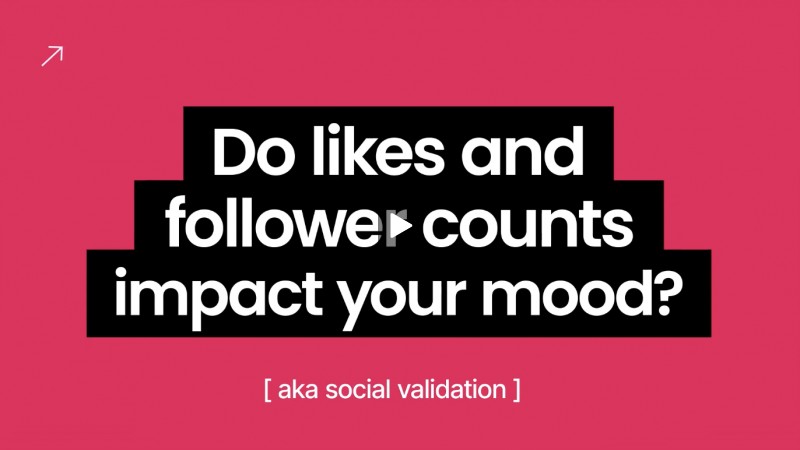Is Credit Card Privacy a Delusion?
- Detalles
- Escrito por Tracy Scott
- Categoría: Articles

Data mining is more than just the latest buzzword in a tech-driven society. It's serious business for credit card companies. Credit card usage creates a trail of opportunity for the very people who promise to protect the data. Let's learn how cashless convenience can come at a cost you never authorized.
Your credit card is used to track your purchases, and the results are shared with marketers who hope to sell you additional products and services.
Swipe your credit or debit card at your favorite retail merchant, and you reasonably assume details of the transaction are shared only on a need to know basis. The merchant and your financial institution are the only companies that need to know about your tendency to buy paper products in bulk, right?
Unfortunately, your credit card is used to track your purchases, and the results are shared with marketers who hope to sell you additional products and services.
Data and privacy policies have garnered attention due to recent data breaches, but these policies aren't telling consumers the whole story. While consumers are distracted by actions financial companies are taking to protect their credit card data from cybercriminals, personal shopping habits are being shared. Data sharing benefits and protects marketers, not consumers.
The business of credit card data mining is lucrative. What might appear as a tailored buying experience may be nothing more than consumer manipulation.
Data used to identify buying behaviors can also limit choices and push consumers to spend more money. It's like direct marketing on steroids.
Companies Study Your Shopping Habits
They learn from your purchases. Shopping data is used to create a buyer profile that makes selling to you and others with similar buying profiles easier. Your profile can reveal which products you're likely to purchase. It might also indicate the maximum amount you'll pay for the item.
The Gramm-Leach-Bliley Act requires credit card companies to provide consumers with copies of their data and privacy policies along with the choice to opt out of specific data sharing practices. The tricky part is that policies often prohibit cardholders from opting out of data sharing that occurs with a credit card issuer's joint marketing partners.
Yes, Company A saves advertising dollars when their partner, Company B, has identified you as an ideal consumer for their products and services. The main challenge for consumers is that credit card companies lack transparency regarding which transaction details are shared and with whom.
It's easy for companies to continue covert data sharing practices if you let them. Most credit card users ignore data and privacy policy updates sent via electronic means or regular mail.
It doesn't help that language used in data and privacy policies are often intentionally vague or written in legalese. However, this doesn't mean you have to pay cash at the checkout or stop buying paper products by the truckload.
Try to limit data sharing by first reviewing the actual policies provided by your credit card issuer. Contact them for an explanation of any part of the policy that is unclear. Opt out of data sharing practices that don't benefit you or your shopping experience.
Remember that you have choices. If you selected your last credit card based on the potential cash back savings and low annual percentage rate, time to add one more criterion to the checklist – privacy protections.


































